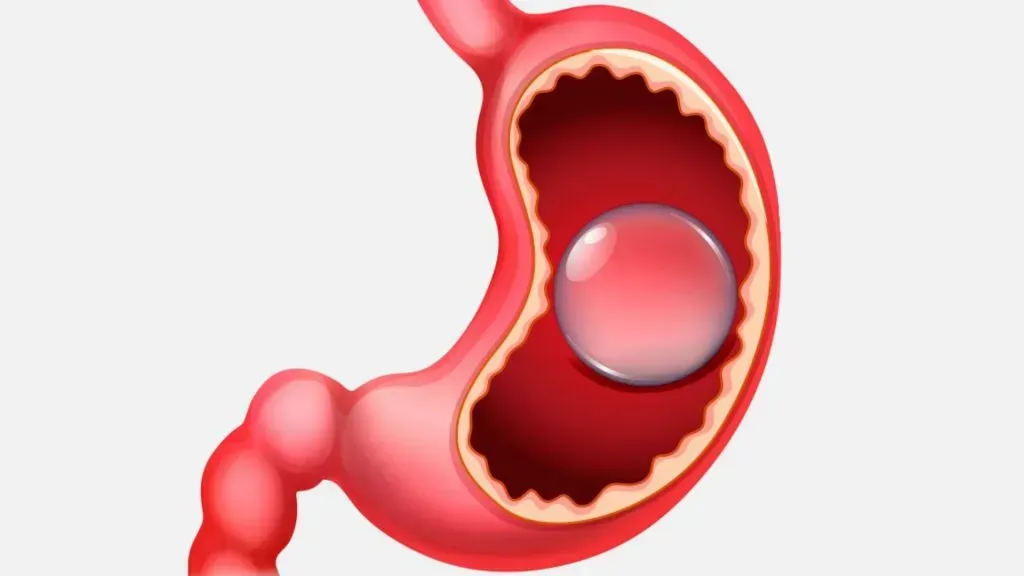Comprehensive Guide to Colonoscopy: A Vital Tool in the Treatment of Ulcerative Colitis
Colonoscopy is a crucial diagnostic and therapeutic procedure used in the management of various gastrointestinal conditions, including ulcerative colitis. This article serves as a comprehensive guide to colonoscopy, highlighting its significance in the evaluation, monitoring, and treatment of ulcerative colitis. Understanding the role of colonoscopy in detecting early signs of inflammation, monitoring disease progression, and guiding treatment decisions is essential for patients with ulcerative colitis.
Exploring the Role of Colonoscopy in Gastrointestinal Health:
Colonoscopy is a versatile procedure that allows healthcare providers to visualize the entire colon and rectum using a flexible tube with a camera. Beyond diagnostic purposes, colonoscopy enables the detection of abnormalities, tissue sampling, and therapeutic interventions, making it a valuable tool in gastrointestinal health management.
Importance of Colonoscopy in the Diagnosis and Monitoring of Ulcerative Colitis:
For individuals with ulcerative colitis, colonoscopy plays a crucial role in diagnosing the disease, assessing disease activity, and monitoring treatment response. Regular colonoscopies help healthcare providers evaluate the extent of inflammation, identify complications, and adjust treatment plans accordingly to optimize patient outcomes.
Detecting Early Signs of Inflammation and Complications through Colonoscopy:
Colonoscopy allows for direct visualization of the colon's lining, enabling healthcare providers to identify early signs of inflammation,
ulcerations, and other complications associated with ulcerative colitis. Early detection through colonoscopy facilitates timely intervention and disease management to prevent disease progression and improve patient outcomes.
Colonoscopy in Screening for Colon Cancer and Digestive Issues:
In addition to its role in ulcerative colitis management, colonoscopy is a vital tool for screening for colon cancer and investigating various digestive issues. Through colonoscopy, healthcare providers can detect precancerous lesions, polyps, and other abnormalities, offering opportunities for early detection and intervention to prevent serious conditions.
In conclusion, colonoscopy plays a pivotal role in the diagnosis, monitoring, and treatment of ulcerative colitis, as well as in screening for colon cancer and digestive issues. By understanding the importance of colonoscopy in gastrointestinal health and its impact on patient care, individuals with ulcerative colitis can actively participate in their treatment journey and prioritize their overall well-being.










